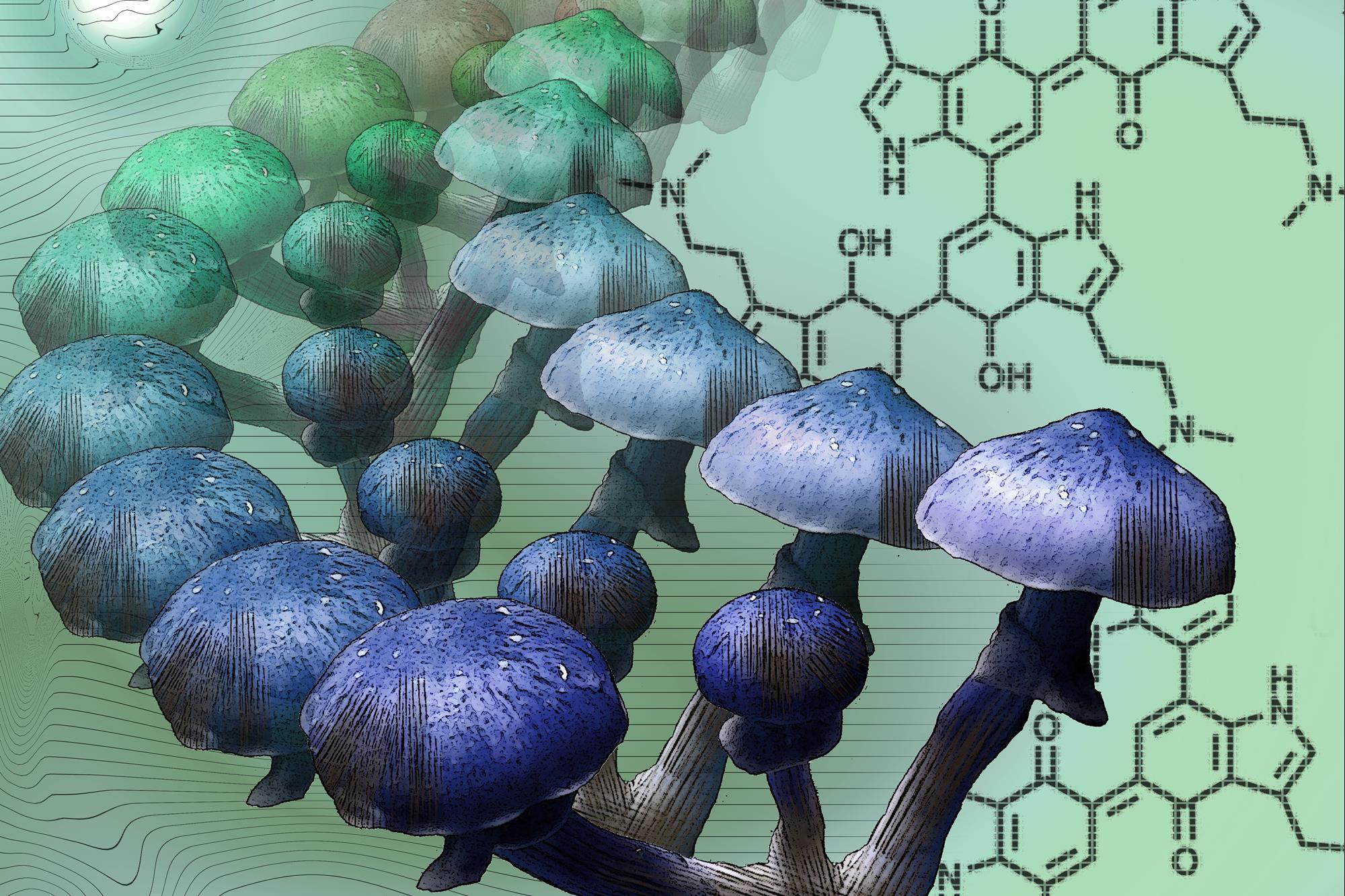Inpatient Treatment For Eating Disorders
Patients suffering from eating disorders require constant monitoring and assistance during their recovery. Inpatient treatment offers a secure and secure environment where patients can receive the treatment they require.

Treatment for eating disorders in the hospital usually includes:
A team of specialists to offer a comprehensive treatment
Psychological and medical evaluations and treatment
Food and nutrition counseling and meal plan
Individual or group therapy as well as family therapy
Therapy for recreation and active therapy
-Medication management
Outpatient Treatment for eating disorders
Treatment in the outpatient setting for eating disorders is as effective as treatment inpatient or even more effective. It is important to locate the treatment plan that’s appropriate for you and adhere to it.
There are numerous alternatives for treatment for people suffering from eating disorders like group therapy, individual therapy and family therapy. A lot of programs offer educational and nutritional counseling.
One of the most crucial things to keep in mind is that recovering from eating disorders is feasible. Alsana St Louis Mo If you have the right treatment and guidance you are able to conquer the disorder and lead an enjoyable, healthy lifestyle.

Alternatives to Treating Eating Disorders
There are many reasons that someone could opt not to take the inpatient option for treating of eating disorders. It could be that they cannot afford it, perhaps they have commitments that make it hard to take on an inpatient treatment program, or perhaps they aren’t sure that it’s the right option for them.
Whatever the reason it is, there are many options for inpatient treatment of eating disorders. https://vimeopro.com/alsana/alsana-st-louis/more videos about Alsana Here are the most common:
1. Inpatient treatment: The term “outpatient” treatment typically involves weekly therapy sessions or meetings with a dietitian. it could be just as effective as inpatient therapy dependent on the degree that the disorder is.
2. Intense Outpatient Treatment: This is a more intense form of outpatient treatment. It typically requires 3 to 5 days of therapy per week. It’s an excellent alternative for those who require more assistance than traditional outpatient treatments can offer.
3. Residential Treatment It’s similar to inpatient therapy however, it’s typically shorter in duration (30 days , or less) and is less costly. It’s an excellent alternative for those who require more structure and help that outpatient treatments can offer, but do not feel they require 24/7 medical attention.
4. Partial Hospitalization Partially hospitalization is another high-quality level of treatment which typically consists of seven days of therapy each week. It

